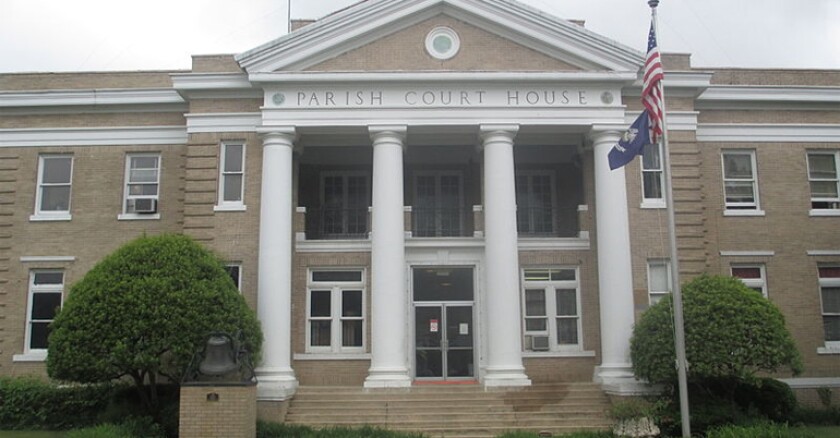Louisiana voters have approved changing the state constitution to allow its governments to collect tax on property held by an out-of-state government, a move that could net at least one local parish more than $100,000 a year in additional revenue.
The ballot measure was approved Oct. 24 by a 51-48 margin.
It stems from a dispute between West Carroll Parish in the northwest corner of Louisiana and the Memphis Light, Gas, and Water Division. For four years, the parish billed the Tennessee utility about $100,000 per year in property taxes for storing some of its natural gas in the parish limits. But in 2013, Memphis stopped paying its bill. The city argued that the natural gas storage site was government-leased property and used for a public purpose and therefore exempt from a property tax. Several court battles later, West Carroll Parish lost the argument and had to refund Memphis more than $400,000 because Louisiana’s constitution doesn’t clarify that the public-use exemption only applies to property owned by a Louisiana government.
Many state exemptions are silent about this issue. Only 11 expressly allow local governments to tax property that's owned by another government, according to the Lincoln Institute on Land Policy. Making things worse for Louisiana is that it is literally surrounded by states that do specify that other state and local governments have to pay property taxes in their state.
“This will basically level the playing field for Louisiana and mirrors the current law in Texas, Arkansas, Mississippi and Tennessee,” said State Rep. Charles Chaney, whose district includes West Carroll Parish.
Among the handful of states with laws about this issue, Ohio has a unique approach. Its law says that property in Ohio used for public purposes out-of-state can be tax-exempt only if that state can offer Ohio the same exemption.









